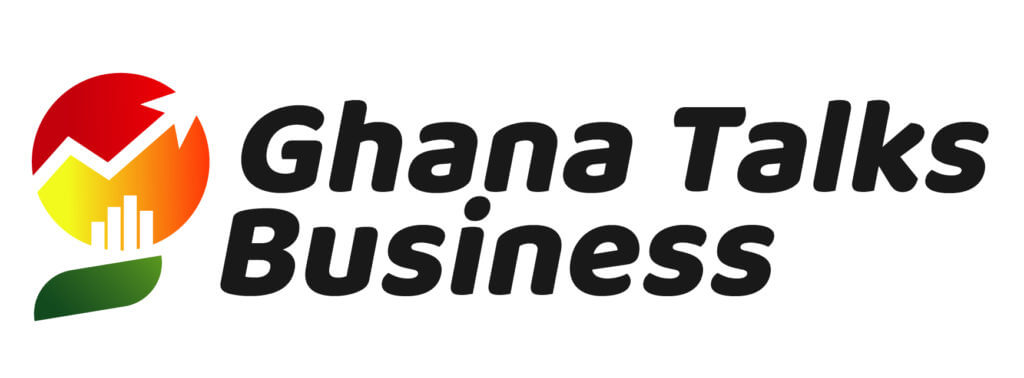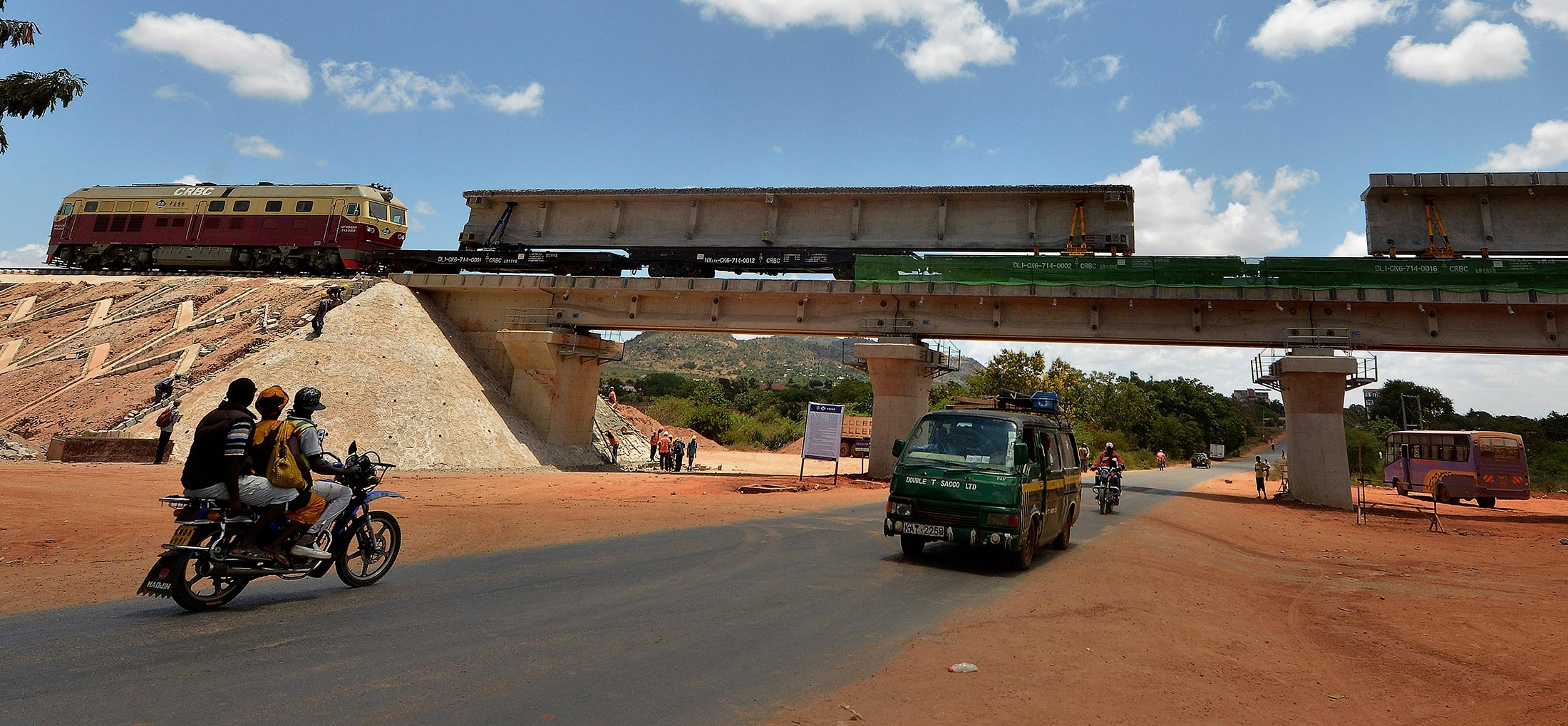For more than a decade, the 15 nations of the West African bloc, Economic Community of West African States (ECOWAS) has been pursuing a common currency project known as ECO.
The aim is to remove trade barriers, ease the cost of doing business, and boost economic growth in the sub-region of more than 380 million people. In 2020, there was the surety that the ECO will be launched, however, due to the global pandemic and its negative impact on member countries, the launch is now postponed to 2027.
This was made known by Jean-Claude Kassi Brou, President of the ECOWAS Commission at a news conference after a summit of the leaders in Ghana on Saturday 19th June.
“Due to the shock of the pandemic, the heads of state have decided to suspend the implementation of the convergence pact in 2020-2021,” he said.
“We have a new road map and a new convergence pact that will cover the period between 2022-2026, and 2027 being the launch of the eco,” he further said.
Besides COVID-19 being cited as the reason for the drawback, ECOWAS has faced several challenges to launch the eco. This includes the political turmoil in Mali, the failure of member nations to meet the criteria, and the division emanating from the Anglophone and francophone member states.
Challenges in Implementing the ECO
For instance, at the beginning of 2020, following a meeting in Abuja, the anglophone nations of Nigeria, Gambia, Ghana, Liberia, and Sierra Leone, along with Guinea, issued a communique condemning the eight countries of the West African Economic and Monetary Union (WAEMU) decision to unilaterally rename the CFA franc as the ECO.
The 8 countries of WAEMU consist of Benin, Burkina Faso, Guinea-Bissau, Côte d’Ivoire, Mali, Niger, Senegal, and Togo, which all but Guinea-Bissau are former French colonies.
Also, member countries ought to meet the criteria, of which the primary four include:
• A budget deficit of not more than 3%
• An average annual inflation rate of less than 10%
• Central Bank financing of budget deficits should be no more than 10% of the previous year’s tax revenue
• Gross external reserves worth at least three months of imports must be available
These criteria have not been met by most member countries with Ghana being one of them. These divisive factors have raised scepticism with analysts about the effective adoption of the ECO amongst member nations. One such analyst is Economist Professor Peter Quartey.
“I think if you look at the conditions that have been set for Eco, many of the countries have not consistently met the criteria; Ghana inclusive, inflation rate, budget deficit, and the rest. So it is better to put our house in order rather than all of us rushing into a common currency or Eco where our fundamentals are not right. And then we will rather be having some kind of turbulence within the system,” he said in an interview monitored by Ghana Talks Business.









